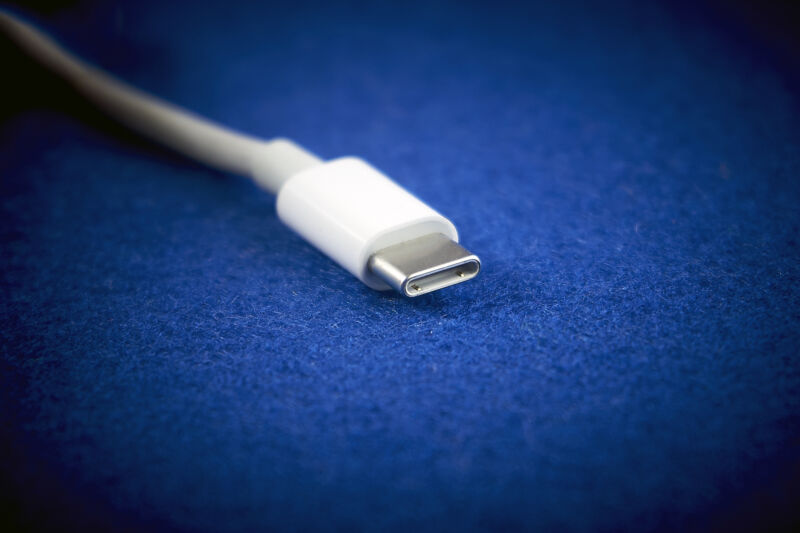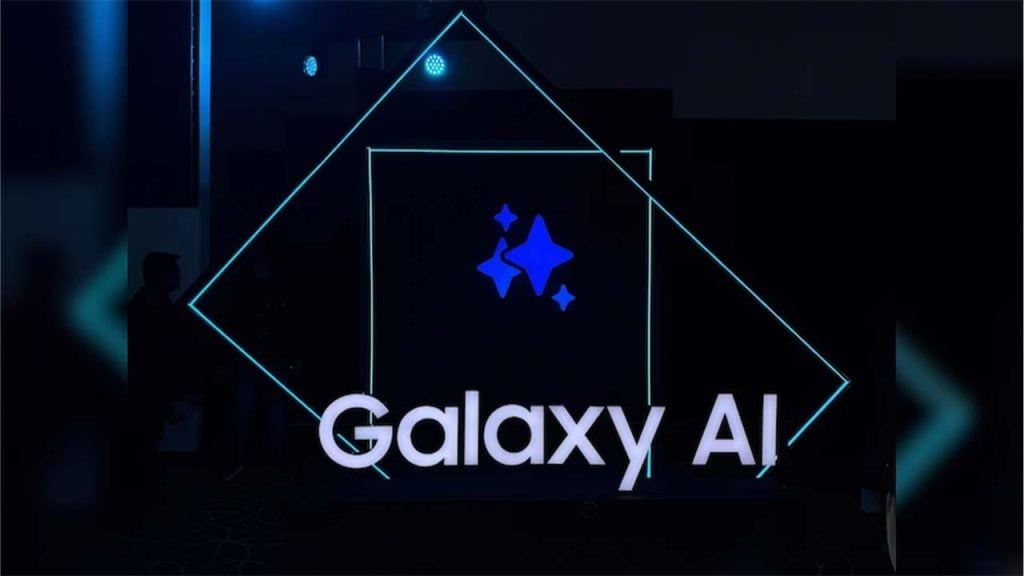
The European Union is moving forward with legislation requiring USB-C charging on a variety of consumer electronics. Today, the EU Parliament formally approved the agreement that it and the EU Council agreed upon in September. The EU Council has to formally approve the agreement next, and it will then be published in the EU's Official Journal.
The Parliament's announcement confirmed a timeline and additional affected device categories. The legislation requires a USB-C port on all phones, tablets, digital cameras, headphones, headsets, earbuds, portable speakers, handheld video game consoles, e-readers, keyboards, mice, and navigation systems that are sold in the EU, use wired charging, and support power delivery of up to 100 W "by the end of 2024," the Parliament said.
Laptops will have to have USB-C charging "from spring 2026," the announcement said.
The legislation also requires all fast-charging devices to use the same charging speed. This rule will be enforced with "dedicated labels" describing charging capabilities.
After the rule is published, EU member states will have one year to transpose the rules, followed by another year to adhere. The law only applies to products released after this time period.
Parliament said the vote passed with 602 votes in favor, 13 against, and eight abstentions.
Wireless charging regulations could follow
When the EU announced plans to require USB-C charging in September 2021, some critics, including Apple, said such a regulation could hinder innovation. The European Commission has said that it would work with vendors to adapt its regulation to new technologies, should it deem the technology worthy. The EU's universal charging mandate could one day require a different type of charging than USB-C, for example.
Showing some forward thinking, the EU Parliament's announcement briefly mentioned wireless charging, though it didn't specify how the EU government might attempt to regulate it.
"... The European Commission will have to harmonize interoperability requirements by the end of 2024, to avoid having a negative impact on consumers and the environment," the Parliament's announcement said. "This will also get rid of the so-called technological 'lock-in” effect, whereby a consumer becomes dependent on a single manufacturer."
Wireless charging is one potential route around the EU's USB-C requirement for companies staunchly against using the technology in its products, like Apple and its iPhones. Although there have been rumors of Apple making a USB-C iPhone, the company prefers its Lightning connector, and while the EU's legislation wouldn't ban the proprietary connector, it would require USB-C alongside it. An iPhone solely dependent on wireless charging, however, would be impractical due to cost, data transfer concerns, and chassis durability. Further, it seems that the EU government may eventually regulate wireless charging as well.
For what it's worth, the current iPad Air, iPad Mini, and iPad Pro all charge over USB-C instead of Lightning, so Apple has already shown willingness to embrace the oval-shaped connector.
“Sustainable choices”
The Parliament's announcement reiterated the goals of the EU government to reduce e-waste and "empower consumers to make more sustainable choices" with the USB-C mandate.
The governing body believes the legislation will "lead to more re-use of chargers and will help consumers save up to 250 million euros a year on unnecessary charger purchases."
"Disposed of and unused chargers account for about 11,000 tonnes of e-waste annually (PDF) in the EU," the announcement said.
Following the EU's lead, other parts of the world have started looking at how they regulate electronics charging. Brazil is considering a USB-C policy for phones, and it banned selling iPhones without a charger while encouraging Apple to implement USB-C charging. US lawmakers have pushed for a universal charger policy, too.
Article From & Read More ( EU’s USB-C mandate approval puts pressure on Apple to replace Lightning port - Ars Technica )https://ift.tt/9iwNfWo
Technology

No comments:
Post a Comment